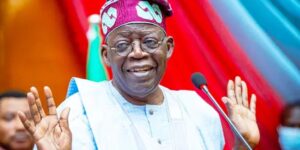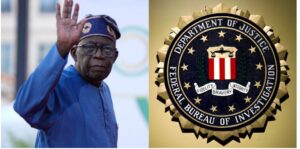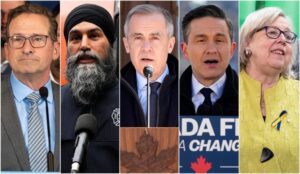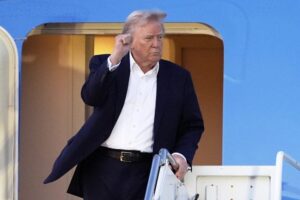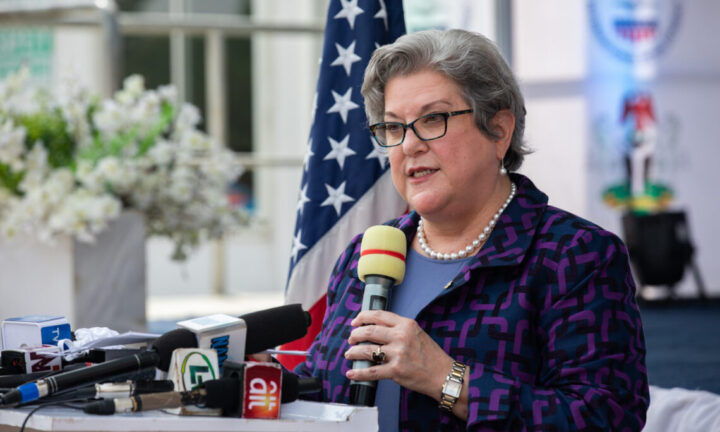
Mary Leonard, US ambassador to Nigeria, says Nigerians should not allow their differences to divide them after the country’s presidential election.
In an article on Sunday, Leonard said the electoral process left many Nigerians demoralised, while others rejoiced over the outcome.
She said Nigerians wanted technology to be used for the transparency of election results.
The US ambassador said the Independent National Electoral Commission (INEC) needs to review and address possible challenges ahead of gubernatorial elections.
The governorship elections in Nigeria will be held on March 11.
“The people of Nigeria demonstrated their dedication to democracy on February 25, but there are many angry and frustrated Nigerians as well as many who are celebrating victories they believe were hard-fought and well-earned,” she said.
“In the coming days, it will be important for the future of this country that Nigerians did not let their differences divide them, and that the legally established process for resolving challenges to the election be allowed to take its course.
“It is clear that the electoral process as a whole on February 25 failed to meet Nigerians’ expectations. As I said numerous times before the elections, Nigeria has accomplished much in just the two-plus decades since the return to democracy, and a gradual improvement in the quality of its elections in that time constitutes one of those accomplishments.
“We recognize that Nigerians want that positive trend to continue, including through the use of new technology intended to make the process of reporting results more transparent.
“We thus reiterate our call on INEC to address promptly the challenges that can be resolved ahead of the March 11 gubernatorial elections and to undertake a broader review of the problems that transpired during the last elections and what can be done to fix them. In all cases, INEC should share with the Nigerian public information about the actions it is taking.”
The US ambassador said the presidential and national assembly elections showed that the Nigerian political terrain was changing, noting that many of the states won by the president-elect had governors from separate parties.
“For the first time, four presidential candidates won at least one state, and the top three each won 12 states based on these initial results. In the national assembly elections, even with results still incomplete, we already know that changes are afoot: seven sitting governors lost in their attempts to win election to the assembly; the Labour Party has won at least seven seats in the senate; the NNPP has won at least 11 seats in the house of representatives,” she added.
“The Nigerian people have made clear their desire for responsive and inclusive governance, and we strongly support their ability to express that desire.
“The United States and Nigeria are the two largest presidential democracies in the world and longtime partners. As Nigeria goes through these next weeks and months, we stand with you.”
Meanwhile, the United States government had earlier congratulated Bola Tinubu of the All Progressive Congress (APC) for winning the presidential election.


